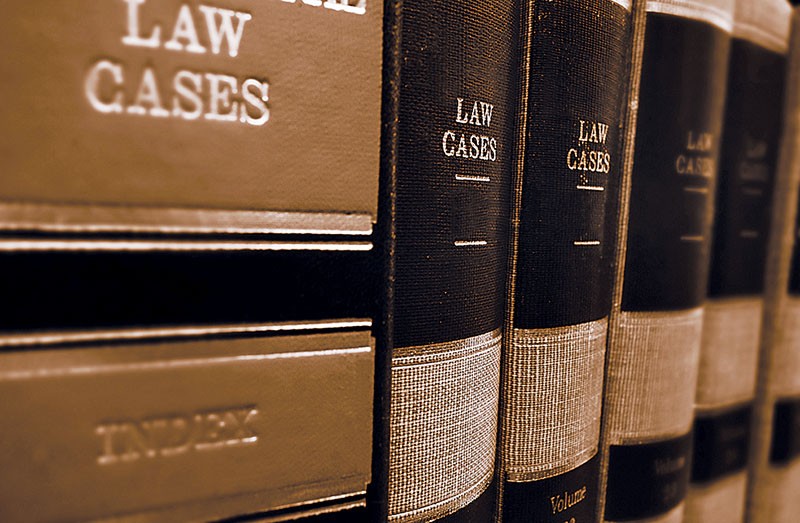Name: Oleh Malskyy
Position: Partner at Eterna Law, head of corporate law and M&A practice
Key point: Corporate laws improve but bureaucracy remains a roadblock to foreign investment
Did you know? Malskyy is the co-founder of Show4Me, a crowdfunding platform for musicians
Oleh Malskyy, a partner at Kyiv-based Eterna Law firm, has worked on a good many deals. But his favorite area is energy, and specifically, oil and gas.
It’s a rich and old-fashioned industry, more sophisticated and less voluminous in terms of paperwork than, for example, agriculture. But unfortunately, the last two years have been turbulent ones for the oil and gas industry in Ukraine.
There’s a high tax burden on oil and gas extraction and not enough incentives to drill new wells. Consequently, foreign investment has exited.
In 2016, Ukrainian energy holding Burisma bought 70 percent of KUB-Gas LLC from Canadian public company Serinus Energy Inc.
And U.K.-listed oil and gas producer JKX, which owns Poltava Petroleum Company, is in a legal dispute with the Ukrainian government over allegedly unpaid taxes and police raids.
“The industry is now transitioning from foreign to national capital. We see more national tycoons buying foreign-owned companies,” Malskyy says. “I think it’s just a phase and, in a couple of years, foreign investors will return.”
While oil and gas may be suffering, more foreign investors are looking into Ukraine’s alternative energy potential since higher green tariffs on electricity generated from renewable sources are still in place. Solar appears to have the edge in cost over hydropower and wind power.
Generally, his experience, foreign investors are interested in semi-developed enterprises with a license, several solar batteries and connection to networks.
Another big deal coming up for Ukraine’s energy market, estimated to be worth $120 million, is the privatization of Centreenergo, a major state-owned electric and thermal energy producer. Malskyy was legal counsel to a potential buyer.
Investment promotion
Malskyy says that the overall quality of corporate law in Ukraine has improved, but the deals have become more complicated due to debt issues.
“Little by little Ukraine has introduced very common international mechanisms into Ukrainian law. A huge breakthrough was the adoption of shareholders’ agreements,” Malskyy says.
Half of his clientele are foreign investors, most of whom come from Germany, Poland, and France.
Malskyy said attracting foreign investors in Ukraine remains difficult.
“The main problem isn’t even corruption. It’s bureaucracy and instability,” Malskyy says. “If there’s an investor who wants to sign an agreement as soon as possible, will they be able to do it? No. It’ll take them at least eight months of drifting from one ministry to another. And it’s unknown who’s going to be in power here in eight months.”
“The main problem isn’t even corruption. It’s bureaucracy and instability.”
Rule of law
Given the lack of trust in the judicial system, Malskyy noted that Ukrainian people aren’t used to seeking justice in courts.

One problem with the Ukrainian justice system, says lawyer Oleh Malskyy, is that people don’t trust it, and so don’t use it. Promoting a culture of seeking justice is thus vital. (Courtesy)
“If rule of law means being protected by the legal system and have your rights secured by the law, then Ukraine isn’t in a bad place,” he says. “But to me, the real rule of law starts with people going to courts and creating precedents. Have you ever heard of anyone in Ukraine not being happy with a product and suing a manufacturer? Or someone suing a neighbor for a barking dog? Not really.”
Judicial reform, which Ukraine embarked on last year, may take two decades to bring results, he says. In the meantime, the promotion of the culture of seeking justice in courts might be just as important.
